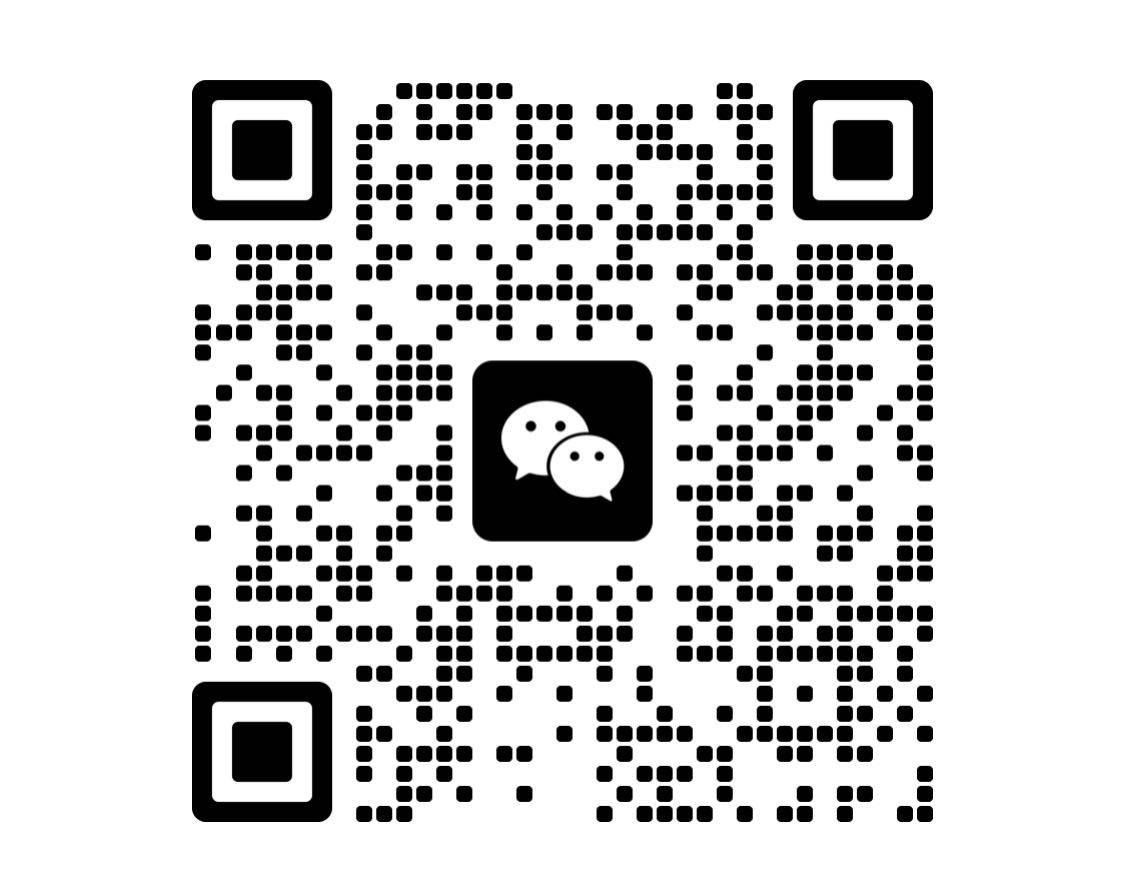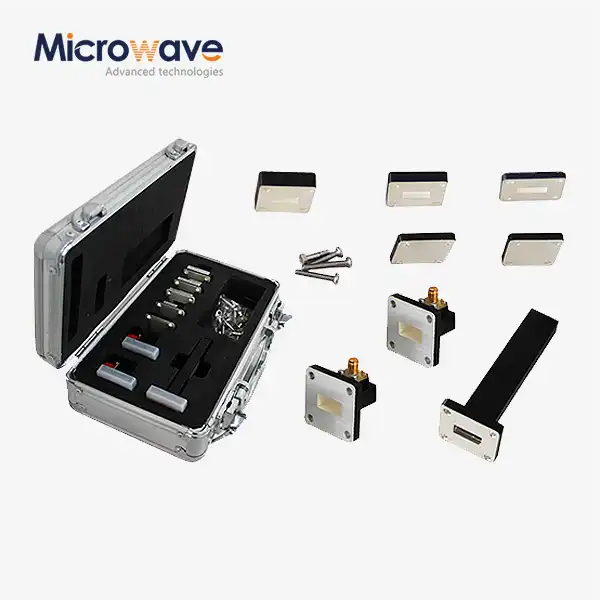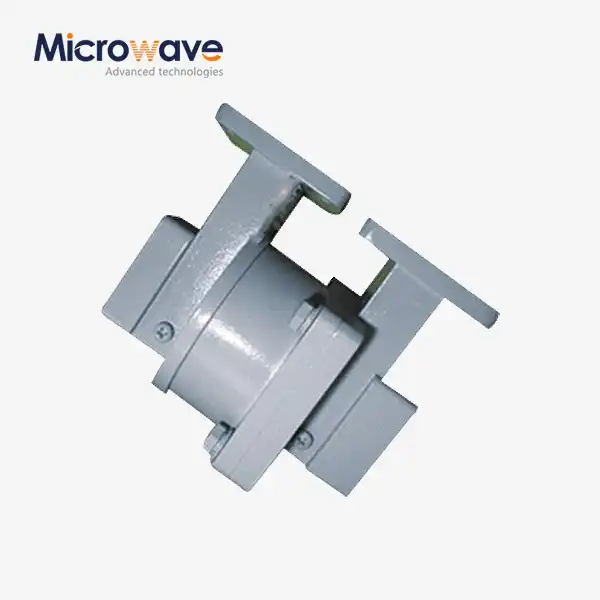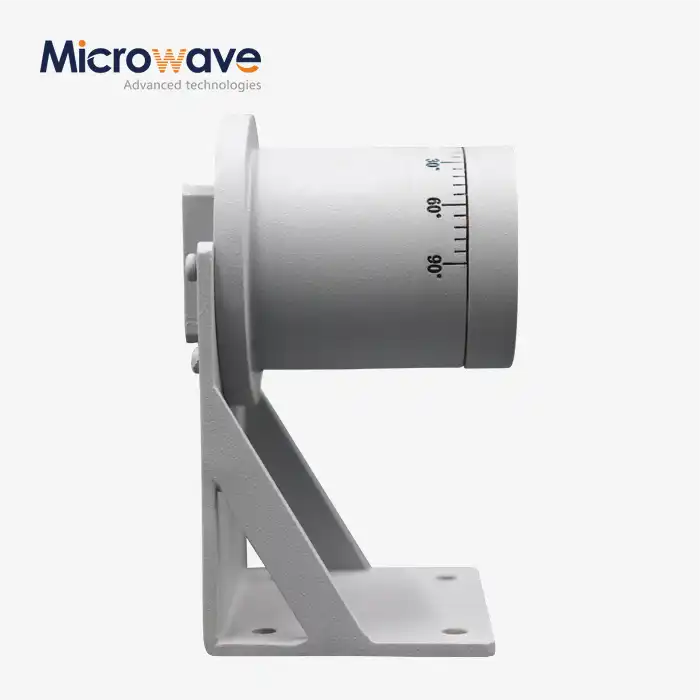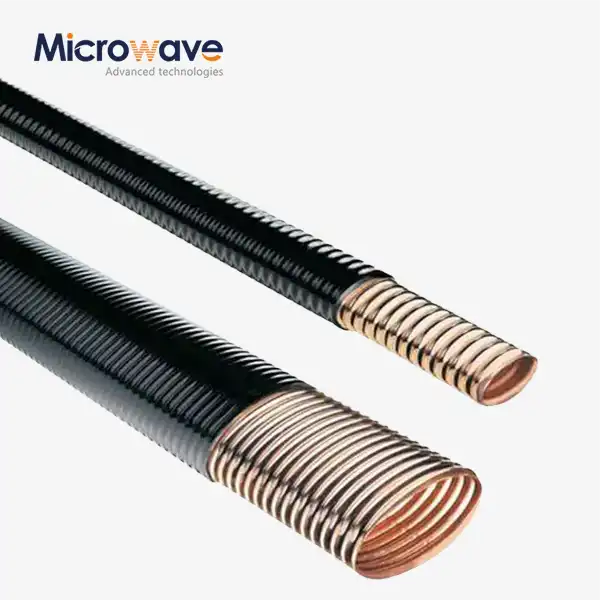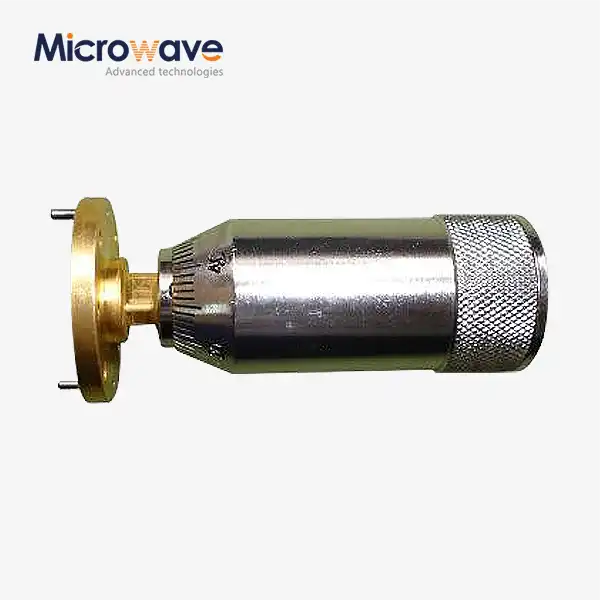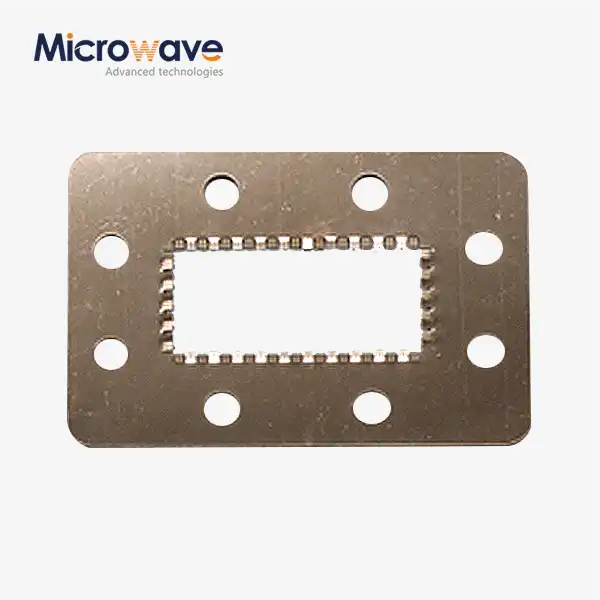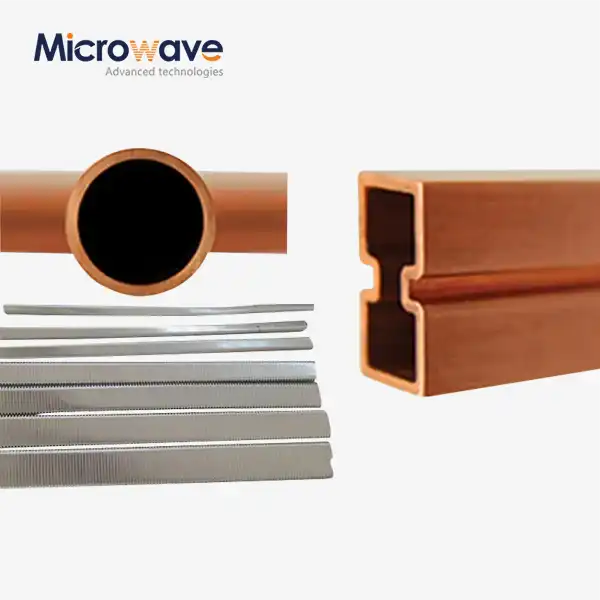What Should You Know About Operating Temperature Ranges When Choosing Coaxial Calibration Kits?
When selecting coaxial calibration kits for precision microwave measurements, understanding operating temperature ranges becomes a critical factor that directly impacts measurement accuracy and equipment longevity. Operating temperature specifications determine where and how effectively your Coaxial Calibration Kits will perform, whether in controlled laboratory environments or harsh field conditions. The temperature stability of calibration standards affects the electrical characteristics of materials, connector expansion coefficients, and measurement repeatability across different environmental conditions. Professional-grade Coaxial Calibration Kits typically operate within specific temperature ranges that ensure consistent impedance matching, minimal drift in reference standards, and reliable performance across diverse applications from satellite communications to aerospace testing environments.
Understanding Temperature-Critical Performance Parameters in Coaxial Calibration Systems
Material Thermal Stability and Its Impact on Calibration Accuracy
Temperature variations significantly affect the material properties of Coaxial Calibration Kits, particularly the dielectric constants and conductor dimensions that determine impedance characteristics. When temperature fluctuates, the physical dimensions of connectors and standards change due to thermal expansion and contraction, directly impacting the electrical performance of calibration references. High-quality Coaxial Calibration Kits employ materials specifically selected for their thermal stability, such as precision-machined stainless steel and temperature-compensated dielectrics that maintain consistent electrical properties across wide temperature ranges. The coefficient of thermal expansion becomes particularly important in precision applications where measurement uncertainties must be minimized. Advanced Microwave Technologies Co., Ltd designs Coaxial Calibration Kits with carefully selected materials that exhibit minimal thermal drift, ensuring that calibration standards remain accurate whether operating in arctic conditions at -40°C or high-temperature environments reaching +85°C. This material selection process involves extensive testing and validation to guarantee that the impedance characteristics remain within specified tolerances throughout the entire operating temperature range.
Frequency Response Variations Across Temperature Ranges
The frequency response characteristics of Coaxial Calibration Kits demonstrate temperature-dependent behavior that must be carefully considered for accurate vector network analyzer calibration. As temperature changes, the electrical length of calibration standards varies due to both physical dimension changes and dielectric constant variations, affecting the phase response across the frequency spectrum. This phenomenon becomes increasingly significant at higher frequencies, where even minute changes in electrical length can introduce substantial phase errors. Modern Coaxial Calibration Kits incorporate temperature compensation techniques and utilize materials with predictable temperature coefficients to minimize these variations. The frequency range from DC to 50 GHz, commonly supported by professional calibration kits, presents unique challenges as higher frequencies are more sensitive to temperature-induced variations. Advanced Microwave supplies Coaxial Calibration Kits that undergo comprehensive temperature cycling tests to characterize their frequency response stability, ensuring that measurement accuracy is maintained across the entire specified frequency range regardless of operating temperature conditions.
Connector Interface Thermal Considerations
The mechanical integrity and electrical performance of connector interfaces in Coaxial Calibration Kits are heavily influenced by operating temperature conditions. Different connector types, including SMA, N-Type, 3.5mm, and 2.92mm configurations, exhibit varying degrees of temperature sensitivity based on their mechanical design and material composition. Temperature cycling can cause connector interfaces to experience differential expansion rates between mating components, potentially leading to intermittent connections or degraded electrical performance. Professional-grade Coaxial Calibration Kits address these challenges through precision manufacturing techniques and material selection that ensures consistent connector performance across temperature extremes. The 50-ohm impedance standard must be maintained precisely at connector interfaces, regardless of temperature variations, to ensure accurate calibration results. Advanced calibration kit designs incorporate features such as temperature-stable plating materials and carefully controlled mechanical tolerances that accommodate thermal expansion while maintaining electrical integrity throughout the operating temperature range.
Environmental Application Requirements and Temperature Range Selection
Laboratory vs. Field Environment Considerations
The choice of operating temperature range for Coaxial Calibration Kits depends heavily on the intended application environment and the specific measurement requirements. Laboratory environments typically offer controlled temperature conditions, allowing for the use of calibration kits optimized for stability within narrow temperature ranges, while field applications demand broader temperature specifications to accommodate varying environmental conditions. Satellite communication systems often require Coaxial Calibration Kits that can operate reliably in extreme temperature conditions, from the cold of high-altitude installations to the heat of desert ground stations. Aerospace and defense applications present even more demanding temperature requirements, where calibration equipment must function accurately across temperature ranges that span from arctic conditions to elevated temperatures encountered in aircraft and spacecraft applications. The durability and robust construction of calibration kits become essential factors when operating in challenging environmental conditions, where temperature cycling, humidity, and mechanical stress can affect long-term performance. Advanced Microwave Technologies Co., Ltd provides Coaxial Calibration Kits specifically designed for these demanding applications, with operating temperature ranges carefully matched to the environmental requirements of each application sector.
Industry-Specific Temperature Requirements
Different industries impose unique temperature requirements on Coaxial Calibration Kits based on their operational environments and measurement accuracy needs. The telecommunications industry requires calibration equipment that can operate reliably in outdoor installations where temperature variations can be extreme, while maintaining the measurement accuracy necessary for network performance verification. Defense contractors often specify temperature ranges that exceed commercial standards, reflecting the harsh environments where military communication and radar systems must operate effectively. Research institutions conducting advanced microwave research may require calibration kits with exceptional temperature stability to support precision measurements in controlled laboratory environments. The versatility of modern Coaxial Calibration Kits allows them to meet diverse industry requirements through customizable specifications and robust design approaches. These applications benefit from the enhanced measurement accuracy achieved through proper temperature management, ensuring that calibration standards remain traceable and reliable regardless of operating conditions. The global nature of modern technology deployment requires calibration solutions that can adapt to climate variations while maintaining consistent performance standards across different geographical regions.
Long-term Stability and Temperature Cycling Effects
The long-term stability of Coaxial Calibration Kits under repeated temperature cycling represents a critical performance parameter that affects measurement traceability and calibration interval requirements. Temperature cycling can induce mechanical stress in connector interfaces and calibration standards, potentially leading to gradual changes in electrical characteristics over time. Professional calibration kits undergo extensive reliability testing that includes accelerated temperature cycling to verify their long-term performance stability. The compact design and robust construction of modern calibration kits help minimize the effects of temperature cycling while maintaining portability and ease of use. Regular performance verification becomes essential for calibration kits operating in environments with significant temperature variations, ensuring that measurement accuracy is maintained throughout the equipment's operational life. Advanced Microwave Technologies Co., Ltd implements comprehensive quality control procedures that include temperature cycling tests as part of the manufacturing process, ensuring that each Coaxial Calibration Kit meets specified stability requirements. This testing approach provides confidence that the calibration standards will maintain their accuracy over extended periods of use, even when subjected to challenging temperature conditions.
Advanced Features and Technologies for Temperature-Optimized Performance
Temperature Compensation and Correction Techniques
Modern Coaxial Calibration Kits incorporate sophisticated temperature compensation techniques that minimize measurement errors caused by temperature variations. These systems may include temperature sensors integrated into the calibration standards, allowing for real-time correction of temperature-induced changes in electrical characteristics. Mathematical correction algorithms can be applied to account for known temperature coefficients of the calibration standards, improving measurement accuracy across the operating temperature range. The high-frequency support capabilities extending up to 50 GHz require particularly careful attention to temperature compensation, as higher frequencies are more sensitive to small changes in electrical parameters. Advanced calibration software can incorporate temperature correction factors that are specific to individual calibration kits, providing customized compensation based on characterization data obtained during manufacturing. The integration of temperature monitoring and correction capabilities represents a significant advancement in calibration technology, enabling more accurate measurements in variable temperature environments. Coaxial Calibration Kits with these advanced features provide enhanced measurement accuracy that is particularly valuable in precision applications where temperature control may be challenging or impractical.
Material Science Innovations for Temperature Stability
The development of advanced materials specifically designed for temperature-stable performance has revolutionized the capabilities of modern Coaxial Calibration Kits. These materials exhibit minimal changes in dielectric constant and physical dimensions across wide temperature ranges, maintaining consistent electrical performance. Corrosion-resistant materials not only provide durability but also ensure that surface properties remain stable over time, preventing degradation that could affect calibration accuracy. The selection of materials with matched thermal expansion coefficients helps minimize mechanical stress in multi-component assemblies, reducing the risk of performance degradation due to temperature cycling. Advanced metallurgy techniques enable the production of connector components with superior temperature stability while maintaining the mechanical properties necessary for reliable connector performance. Research into new dielectric materials continues to push the boundaries of temperature stability, enabling the development of calibration standards with even better performance characteristics. These material science innovations directly translate into improved measurement accuracy and longer service life for Coaxial Calibration Kits operating in demanding temperature environments.
Integration with Automated Test Systems
The integration of temperature-aware Coaxial Calibration Kits with automated test systems represents a significant advancement in measurement capability and efficiency. Automated systems can monitor ambient temperature conditions and adjust calibration procedures accordingly, ensuring optimal measurement accuracy regardless of environmental variations. The lightweight and portable design of modern calibration kits facilitates their integration into automated test setups while maintaining the flexibility to adapt to different measurement requirements. Computer-controlled calibration procedures can incorporate temperature-specific correction factors and validation routines that verify calibration accuracy under current operating conditions. This integration capability is particularly valuable in production environments where consistent measurement accuracy must be maintained across varying temperature conditions throughout the day or season. The customization options available for Coaxial Calibration Kits enable them to be tailored for specific automated test system requirements, including specialized connector configurations and calibration standard specifications. Advanced test systems can utilize the temperature stability characteristics of modern calibration kits to extend calibration intervals and reduce the frequency of manual calibration verification procedures.
Conclusion
Understanding operating temperature ranges is fundamental to selecting the right fCoaxial Calibration Kits or your specific applications. Temperature considerations affect every aspect of calibration performance, from material stability and frequency response to connector reliability and long-term accuracy. Professional-grade solutions must balance temperature stability with practical requirements for portability, durability, and cost-effectiveness across diverse application environments.
Ready to enhance your measurement accuracy with temperature-optimized calibration solutions? Advanced Microwave Technologies Co., Ltd brings over 20 years of expertise in developing ISO-certified, RoHS-compliant Coaxial Calibration Kits designed for demanding applications. Our comprehensive product range supports frequencies from DC to 50 GHz with operating temperatures from -40°C to +85°C. With our advanced 24m Microwave Darkroom facility and state-of-the-art measurement capabilities up to 110 GHz, we provide customized solutions backed by technical excellence and global delivery capabilities. Whether you need prototyping support, technical consultation, or custom specifications, our expert team delivers fast turnaround times and comprehensive after-sales support. Contact us today at craig@admicrowave.com to discuss your specific requirements and discover how our temperature-optimized calibration solutions can improve your measurement accuracy and operational efficiency.
References
1.Johnson, R.M., and Peterson, K.L. "Temperature Effects on Coaxial Calibration Standards for Precision Vector Network Analysis." IEEE Transactions on Microwave Theory and Techniques, vol. 68, no. 4, pp. 1425-1433, 2020.
2.Williams, D.F., Walker, D.K., and Marks, R.B. "Thermal Stability of Coaxial Transmission Line Standards for Metrology Applications." NIST Technical Note 1505, National Institute of Standards and Technology, 2019.
3.Chen, L., and Thompson, A.R. "Material Characterization for Temperature-Stable Microwave Calibration Components." Journal of Applied Physics, vol. 127, no. 15, pp. 154501-154512, 2021.
4.Martinez, C.A., Brown, S.J., and Davis, M.K. "Environmental Testing of Precision Coaxial Calibration Kits for Aerospace Applications." Microwave Journal, vol. 63, no. 8, pp. 44-58, 2022.
5.Anderson, T.P., and Wilson, J.H. "Temperature Compensation Techniques for High-Frequency Coaxial Standards." IEEE Microwave and Wireless Components Letters, vol. 31, no. 7, pp. 892-895, 2021.
6.Rodriguez, E.M., Kim, H.S., and Taylor, R.J. "Long-term Stability Analysis of Temperature-Cycled Coaxial Calibration Standards." Measurement Science and Technology, vol. 33, no. 2, pp. 025008-025018, 2022.
